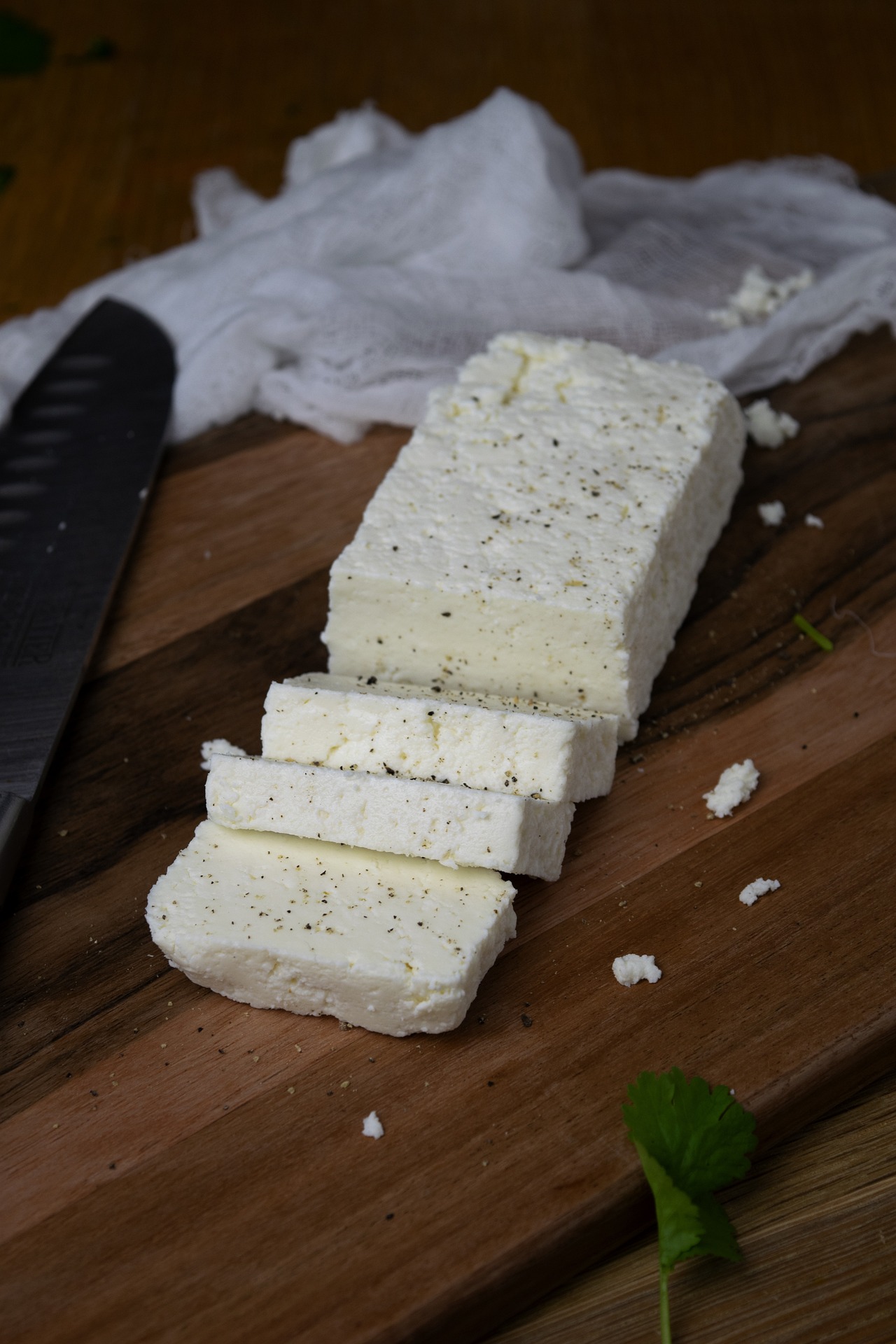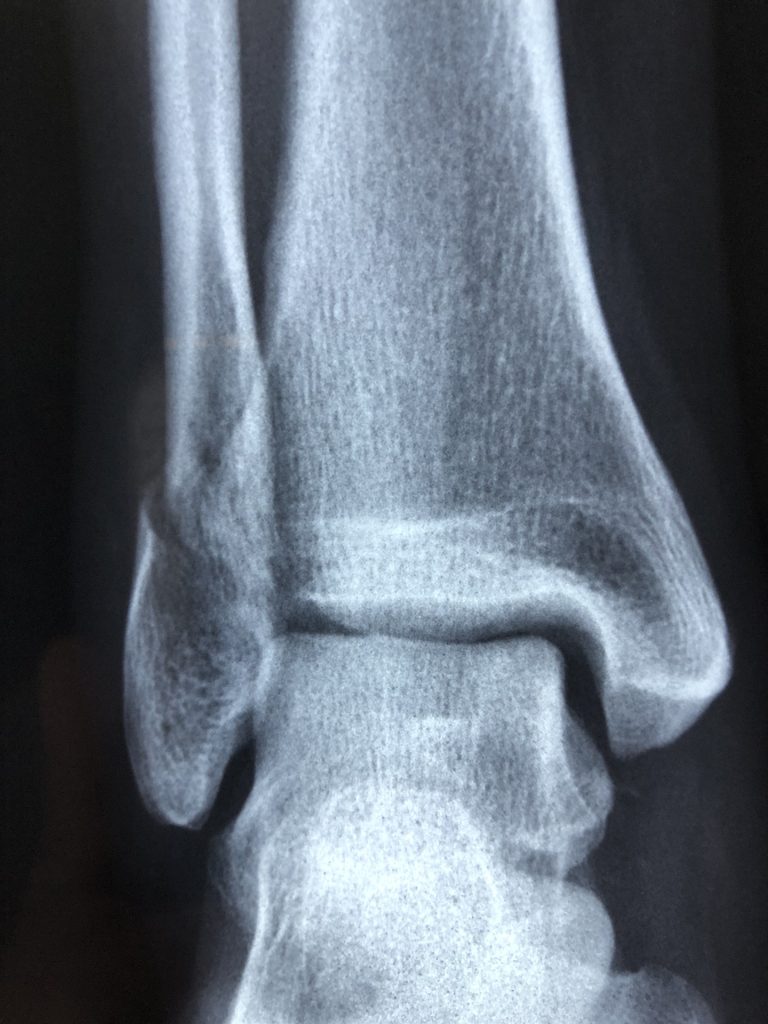
Paneer, a versatile and delectable dairy product, has long been a staple in Indian cuisine. Also known as Indian cottage cheese, paneer is not just a flavorful addition to various dishes; it also boasts a range of health benefits that make it a valuable component of a balanced diet. In this article, we will explore the numerous advantages of incorporating paneer into your meals and how it can contribute to your overall well-being.
- Rich Source of Protein:
One of the most prominent benefits of paneer is its high protein content. Protein is essential for the repair and growth of tissues in the body, making it crucial for muscle development, maintenance, and overall health. Paneer is an excellent source of complete protein, meaning it contains all the essential amino acids that the body cannot produce on its own. This makes it an ideal choice for vegetarians and those looking to increase their protein intake.

- Supports Weight Management:
Paneer can be a valuable ally for individuals aiming to manage their weight. The protein and fat content in paneer contributes to a feeling of fullness and satiety, reducing the likelihood of overeating. Additionally, the conjugated linoleic acid (CLA) found in paneer has been associated with weight management and the reduction of body fat. Including moderate portions of paneer in a balanced diet can help regulate appetite and support weight loss or maintenance efforts.


- Bone Health and Dental Care:
Paneer is a good source of calcium, a mineral essential for the development and maintenance of strong bones and teeth. Adequate calcium intake is crucial throughout life, but particularly during childhood, adolescence, and old age. Conditions such as osteoporosis and dental issues could be prevented by regular consumption of paneer by ensuring a steady supply of calcium for bone and dental health.
- Boosts Immune System:
Various nutrients, including vitamins A and D, which play a significant role in supporting a healthy immune system, are contained in paneer. Vitamin A is known for its antioxidant properties, helping to protect cells from damage caused by free radicals. Vitamin D is essential for the proper functioning of the immune system and aids in the absorption of calcium for bone health. A robust immune system and better overall health can be contributed by incorporating paneer into your diet.

- Manages Blood Sugar Levels:
The protein and fat content in paneer can help regulate blood sugar levels, making it a suitable option for individuals with diabetes or those at risk of developing the condition. Rapid spikes in blood sugar levels could be prevented by the slow release of glucose into the bloodstream from paneers. However, it is crucial to consume paneer as part of a well-balanced diet, and individuals with specific dietary restrictions or health conditions should consult their healthcare provider for personalized advice.

- Provides B Vitamins:
Paneer contains various B vitamins, including B2 (riboflavin), B5 (pantothenic acid), and B12 (cobalamin). These vitamins play essential roles in energy metabolism, nerve function, and the formation of red blood cells. Incorporating paneer into your diet can help ensure an adequate supply of these B vitamins, supporting overall energy levels and promoting the health of the nervous system.
Conclusion:
Paneer, with its rich nutritional profile and versatile culinary applications, proves to be a valuable addition to a healthy and balanced diet. From supporting muscle development to promoting bone health, paneer offers a range of benefits that make it a wholesome delight for individuals of all ages. As with any food, moderation is key, and incorporating paneer into a diverse and well-rounded diet can contribute to a healthier and more fulfilling lifestyle. Whether enjoyed in savory curries, grilled skewers, or crumbled into salads, paneer adds not only flavor but also a nutritional boost to your meals.







